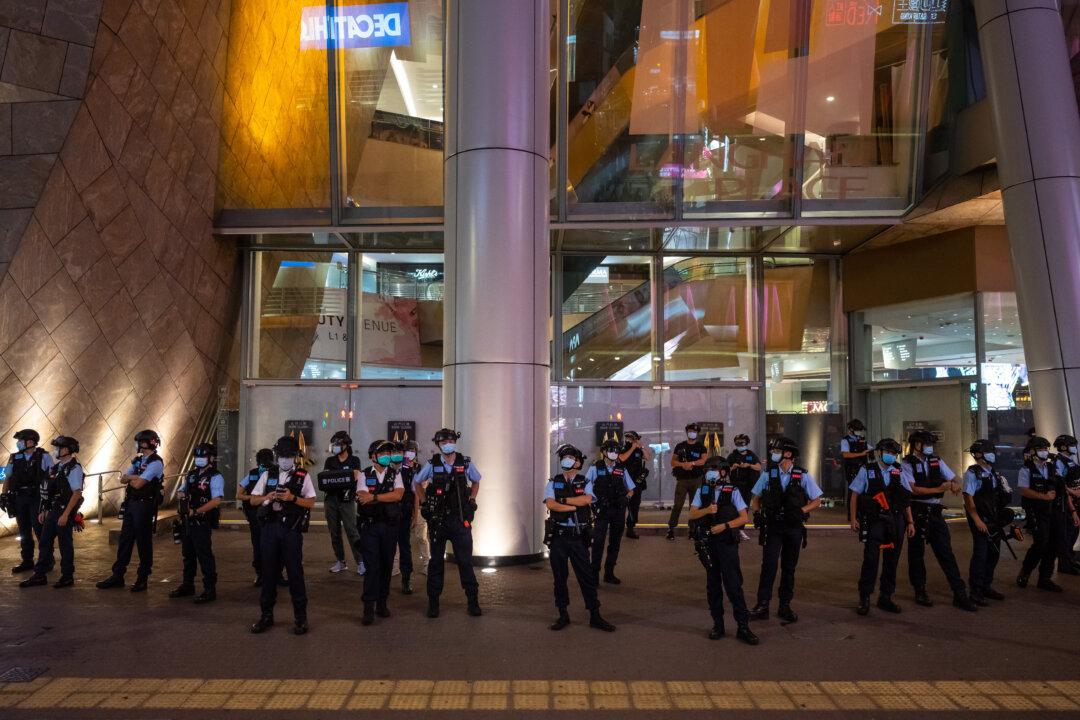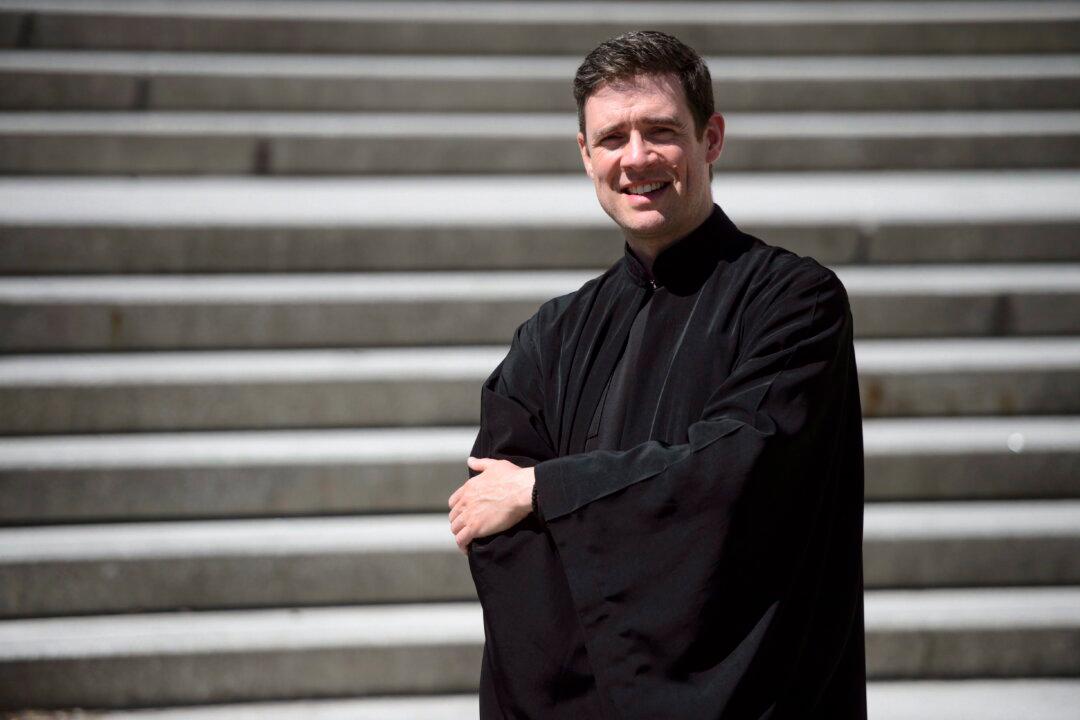Recent developments in Hong Kong put all Canadians at risk—including those living outside Hong Kong, the parliamentary Canada-China committee heard on Monday.
The key issue is that Beijing’s new national security law introduces a “parallel legal system” that can displace the normal legal system whenever authorities choose to invoke it “on the whim of the state,” said Alvin Cheung, a Canadian citizen and scholar at New York University’s U.S.-Asia Law Institute who studies authoritarian abuses of law.
This means that potentially, Canadians who travel to or transit through Hong Kong, or fly with a Hong Kong-based airline, are at risk of being arbitrarily detained if they’ve said or done anything that could anger Beijing, said Cheung.
“Canadian citizens with ties to Hong Kong must now consider whether what they say in Canada will be used against them in the event that they so much as set foot on a Hong Kong registered airliner,” he told the cross-party committee on Aug. 17.
Canadian citizens of Hong Kong descent are particularly at risk, Cheung noted, because Beijing doesn’t recognize dual citizenship, so they are deemed to be Chinese nationals. They are therefore at risk of being denied consular access if they find themselves detained in Hong Kong.
Beijing has also been known to coerce individuals into renouncing foreign citizenship or claims to consular assistance once they are detained.
Cheung pointed to the case of Sun Qian, a Canadian citizen who was recently sentenced by a Chinese court to eight years in prison for practising Falun Gong. While in custody, Sun renounced her Canadian citizenship and gave a confession, which her supporters, including former Liberal minister of justice Irwin Cotler, say was coerced by Chinese authorities.
There are 300,000 Canadians currently living in Hong Kong who must now “live in fear” of violating the national security law because there “can be no meaningful certainty” as to what will be treated as a violation, Cheung said.
Consequences of breaking the arbitrary law could include being sent to mainland China, prosecuted in the Chinese court system, and getting harsh sentences, he said.
Setting a Precedent
Lynette Ong, associate professor of political science at the University of Toronto, told the committee that the security law has “emboldened and further legalized crackdown on freedom of speech and civil liberties.”“Because of the law’s deliberately vague wording, it has produced a chilling effect on Hong Kong society and beyond,” she said, adding that Beijing may be cracking down especially hard in the early days of the law in order to set a precedent and intimidate Hongkongers into self-censorship.
Since the security law came into effect on June 30, several high-profile democracy activists and influencers have been detained including media tycoon Jimmy Lai, owner of Hong Kong’s Apple Daily, and pro-democracy activist Agnes Chow.
Ong said the world should be “under no illusion” that freedom of expression will return to Hong Kong or that maintaining trade alone with China will push the country any closer toward democracy.
She also warned that governments should not assume any respect shown to the regime will be reciprocated.
Ong said the fate of Canadian citizens Michael Kovrig and Michael Spavor who have been arrested in China in apparent retaliation of Canada’s arrest of Huawei executive Meng Wanzhou, as well as China’s handling of the virus outbreak and the pandemic, shows that China “is not a country that actually plays by the rules.”
“To properly tackle the situation in Hong Kong without addressing how we should cope with the rise of China—I think these two problems are deeply, deeply intertwined,” she said.
The Canada-China committee, which recently reconvened, was formed in part to examine the increasingly hostile nature of China’s approach in relations with Canada.
On Monday, the Committee passed a motion moved by Conservative MP Garnett Genuis to call for resumption of dialogue between Tibet and Beijing “with a view to enabling Tibet to exercise genuine autonomy within the framework of the Chinese Constitution.”
The motion had been suggested by a witness that appeared before the committee, said Genuis, adding that the committee needs to be able to act on urgent issues of human rights in China.
“We have an opportunity not to only talk about issues of human rights but to take constructive action,” he said.





